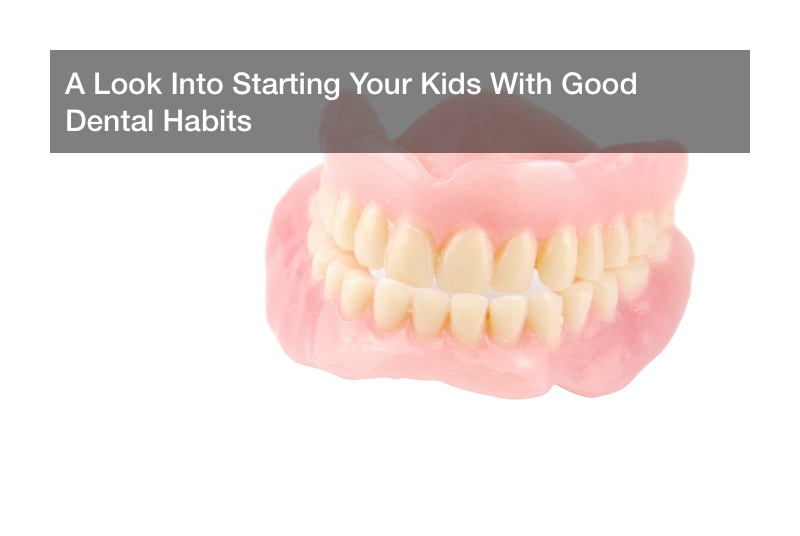
Dental issues are not uncommon in people of all ages here in the United States. After all, close to half (around 40%, to be just a little bit more specific) of all children in the United States will have experienced at least one cavity (and sometimes even more) by the time that they enter kindergarten. By the time that person reaches adulthood, it is even more likely that they have dealt with a cavity, as more than 90% of all adults have had one, sometimes many. In fact, as many as one adult out of every five is currently living with an untreated cavity, something that can lead to a good deal of pain and even further dental issues if it is not promptly dealt with. Sadly, children deal with untreated cavities as well, with just over 18% of all kids who fall between the ages of five and 19 currently living with a problem of this nature.
Tooth decay in kids is quite immensely common, as a matter of fact – more so than you likely even realize. The data that has been gathered on the subject is sadly even more than in support of this claim, showing that it’s up to 20 times more common than diabetes and even up to five times more common than developing childhood asthma. The impact of this can be great, leading to as many as 51 million lost school hours for kids throughout the country. These children with poor oral health are, after all, up to three times more likely to experience tooth decay related pain that causes them to miss school, something that can seriously impact their education growth if it is happening frequently enough.
Fortunately, there are easy steps towards preventative care that can greatly mitigate the risk of such things happening to your child. General dentistry, for instance, advises that all people brush their teeth twice a day. You might think this recommendation by general dentistry practices does not kick in until adulthood, but that is actually not the case. In fact, dentists following general dentistry practices will advise that parents start helping their children brush their teeth as soon as these teeth pop through the surface during infancy. Typically, general dentistry and dentists practicing it will advise the use of a wet wash cloth, with fluoride toothpaste introduced once the child can spit it out. As with adults, children should be brushing twice throughout the day and flossing at least once.
As general dentistry has advised us, taking care of children’s baby teeth is hugely important. Unfortunately, some people are under the impression that, because baby teeth fall out, we do not have to worry about their care and keeping. However, nothing could be further from the truth. As a matter of fact, the baby teeth, which fall out before a child turns six in most cases, serve as placeholders for adult teeth. Therefore, their overall health and care can have a considerable impact on the health of the teeth that replace them, as well as the overall general dental and oral health of the person in question.
Introducing your children to general dentistry and its practice is certainly something that is best done at an early age. After all, a child that experiences general dentistry early on in life is much less likely to fear it later on, when it really matters. Visiting a pediatric dentist before your child turns two is something that has become quite highly recommended by general dentistry as a whole. You might even find a trusted family dentist who is able to treat the whole family, giving you a bit more bang for your buck, so to speak. And modeling good habits by going to the dentist and managing your oral hygiene regularly is something that can also help to set your kids up for success.
Oral health problems are far too commonplace here in the United States. Fortunately, there are many steps that can be taken to deal with these issues as they crop up – and to prevent them in the first place. At the end of the day, even lifestyle changes like better brushing habits can make a world of difference.

